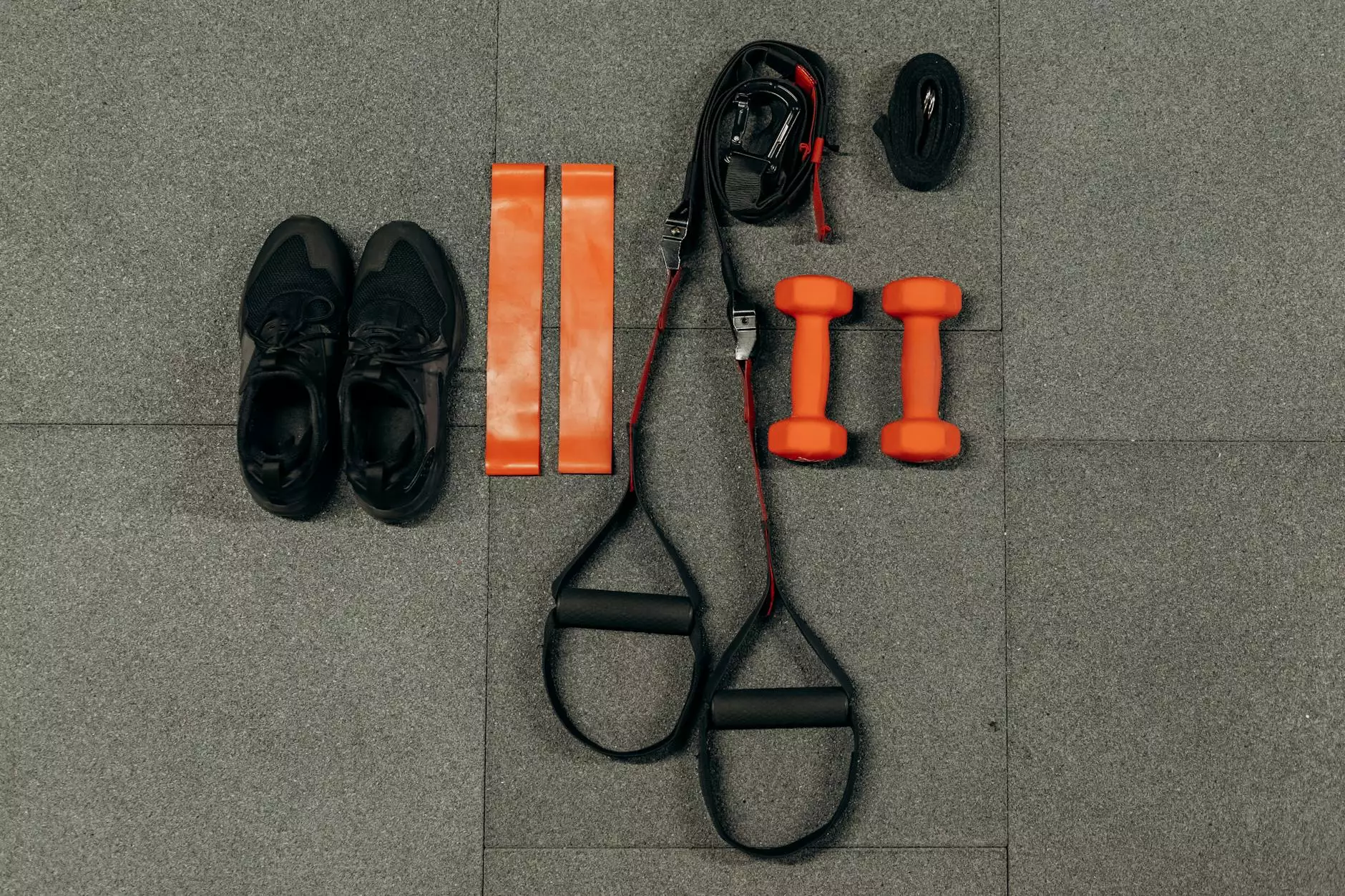Food Tips for Effective Weight Loss

Eating Right for a Healthier Lifestyle
Welcome to Minneapolis Weight Loss Doc's comprehensive guide to food tips for effective weight loss! In this article, we will provide you with valuable insights, strategies, and recommendations on making healthy food choices to achieve your weight loss goals in a sustainable manner.
The Importance of a Balanced Diet
One of the key foundations of successful weight loss is a balanced diet. It is essential to consume a variety of nutrient-rich foods from different food groups to ensure your body gets all the necessary vitamins, minerals, and macronutrients it needs to function optimally and support your weight loss efforts.
Fueling your Body with Nutritious Foods
To promote weight loss, it is crucial to focus on consuming whole, unprocessed foods such as:
- Fruits and vegetables: Incorporate a wide range of colorful fruits and vegetables into your daily meals. They are packed with essential vitamins, minerals, and antioxidants that support overall health and aid in weight management.
- Lean proteins: Opt for lean sources of proteins like skinless poultry, fish, tofu, beans, and legumes. They are low in calories and high in nutrients, helping you feel full and satisfied for longer.
- Whole grains: Choose whole grains over refined carbohydrates. Whole grains offer higher fiber content, which aids in digestion, stabilizes blood sugar levels, and promotes a feeling of fullness.
- Healthy fats: Include sources of healthy fats in your diet, such as avocados, nuts, seeds, and olive oil. These fats contribute to overall satiety and support a healthy heart.
- Low-fat dairy or alternatives: If you consume dairy products, opt for low-fat options like skim milk, low-fat yogurt, or unsweetened plant-based alternatives.
The Role of Portion Control
While choosing the right foods is essential, it is equally important to pay attention to portion sizes. Overeating, even with healthy foods, can hinder your weight loss progress. Here are a few portion control tips to keep in mind:
- Use smaller plates and bowls to control portion sizes visually.
- Eat slowly and mindfully, paying attention to your body's hunger and fullness cues.
- Measure and portion out high-calorie foods to avoid unknowingly consuming excess calories.
- Avoid distractions while eating, such as watching TV or using electronic devices, as they can lead to overeating.
Planning and Preparing Healthy Meals
Meal Preparation Tips for Weight Loss
Proper meal planning and preparation can significantly contribute to your weight loss journey. Consider the following suggestions:
1. Set aside dedicated time for meal planning:
Allocate a specific time each week to plan your meals and create a grocery list. This approach saves time, reduces impulsive food choices, and promotes healthier eating habits.
2. Include a variety of foods:
Ensure your meals contain a good mix of vegetables, lean proteins, whole grains, and healthy fats. Experiment with different recipes and ingredients to keep your meals interesting and satisfying.
3. Cook in bulk:
Prepare larger batches of meals and freeze individual portions for future use. Having healthy, homemade meals readily available will prevent the temptation to opt for convenient, but often unhealthy, fast food options.
4. Stay hydrated:
Remember to drink plenty of water throughout the day. Water not only keeps you hydrated but also helps control your appetite and supports your body's natural detoxification processes.
Sustainable Lifestyle Changes
The Importance of Regular Physical Activity
In addition to maintaining a healthy diet, engaging in regular physical activity is crucial for successful weight loss. Incorporate exercises that you enjoy into your daily routine, such as brisk walking, cycling, swimming, or attending fitness classes. Find activities that are fun for you, as this increases the likelihood of sticking with them long-term.
Tracking Your Progress and Seeking Support
Monitoring your progress and seeking support throughout your weight loss journey can provide the motivation and accountability you need. Consider the following tips:
1. Keep a food journal:
Track your daily food intake, including portion sizes, to gain insight into your eating habits and identify areas for improvement. Becoming more aware of your food choices can help you make healthier decisions.
2. Set realistic goals:
Establish achievable weight loss goals and celebrate your progress along the way. Breaking down your larger goals into smaller milestones makes the journey more manageable and rewarding.
3. Connect with a professional:
If you require additional guidance or support, consider consulting with a registered dietitian or a weight loss specialist. They can provide personalized strategies and advice tailored to your specific needs.
4. Join a community:
Engage with others who are on a similar weight loss journey. Online forums, support groups, or fitness classes can offer invaluable support, encouragement, and tips from individuals facing similar challenges.
Conclusion
Congratulations on taking the first step towards achieving your weight loss goals! Minneapolis Weight Loss Doc's comprehensive food tips have provided you with valuable insights to make healthier food choices and support your weight loss efforts. Remember to focus on a balanced diet, practice portion control, plan and prepare nutritious meals, incorporate regular physical activity, and seek support along the way. By implementing these strategies, you'll be well on your way to a healthier and more fulfilling lifestyle.










